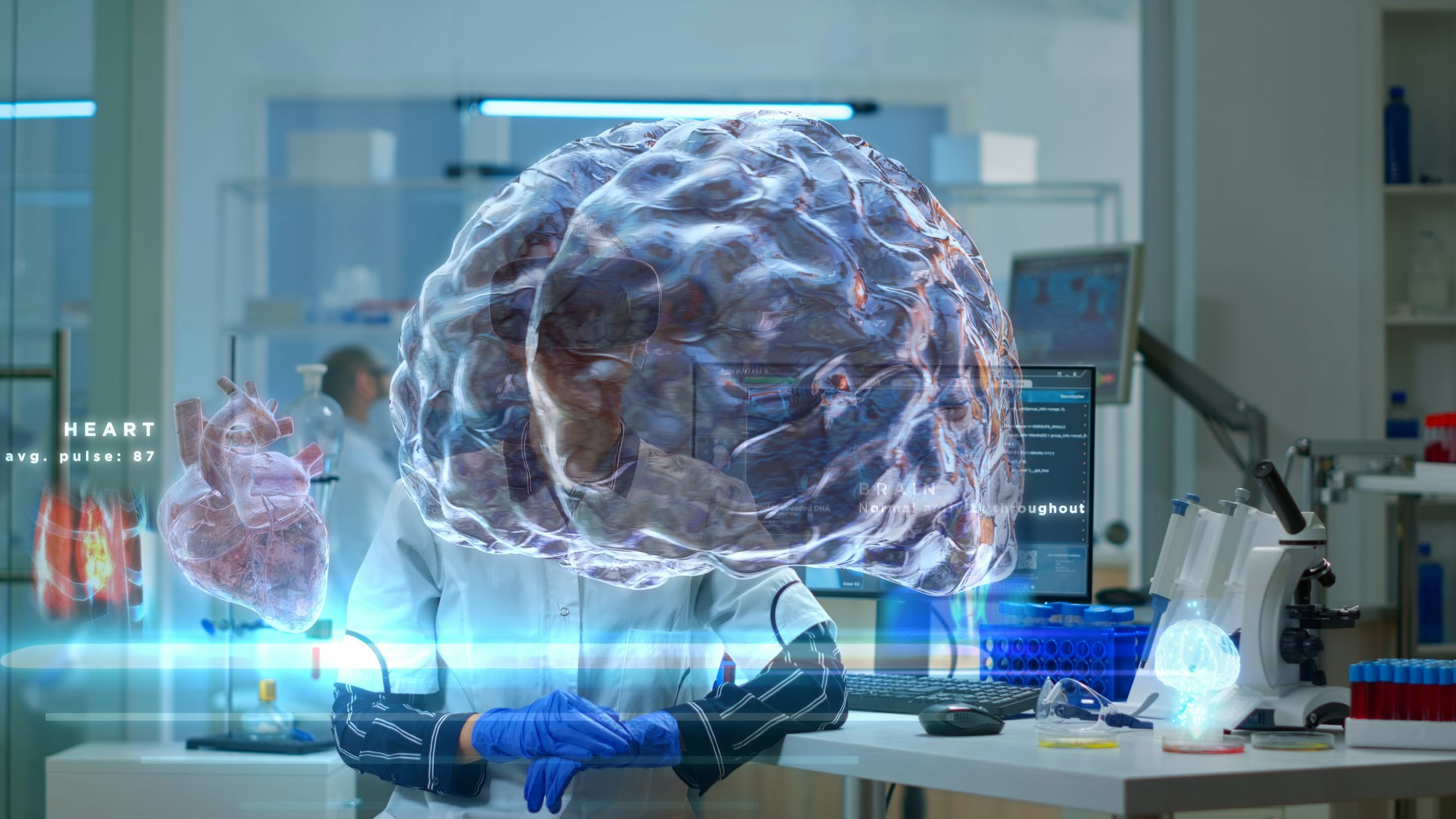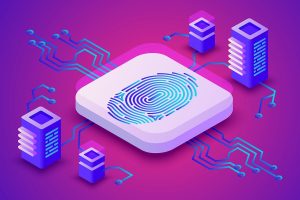Neurological enhancement refers to the use of various techniques and technologies to improve cognitive function, augment brain capabilities, and even restore lost neurological functions. It encompasses a wide range of approaches, from pharmaceuticals and brain stimulation to cutting-edge neurotechnologies.
Key Areas of Neurological Enhancement:
- Cognitive Enhancement: Boosting cognitive abilities such as memory, attention, processing speed, and creativity in healthy individuals. This can involve pharmaceuticals (nootropics), brain stimulation techniques (tDCS, TMS), and neurofeedback.
- Restorative Enhancement: Aimed at repairing or restoring lost neurological functions due to injury, disease, or aging. This includes areas like stroke rehabilitation, spinal cord injury repair, and treatment of neurodegenerative diseases.
- Sensory and Motor Enhancement: Improving sensory perception (vision, hearing) and motor skills through technologies like brain-computer interfaces (BCIs) and neuroprosthetics.
- Mood and Affective Enhancement: Addressing mood disorders and enhancing emotional well-being through methods like medication, therapy, and neurostimulation.
Technologies and Techniques:
- Pharmaceuticals: Nootropics, smart drugs, and other medications that enhance cognitive function or mood.
- Brain Stimulation: Non-invasive techniques like transcranial magnetic stimulation (TMS) and transcranial direct current stimulation (tDCS) to modulate brain activity.
- Neurofeedback: Training individuals to self-regulate their brain activity through real-time feedback.
- Brain-Computer Interfaces (BCIs): Allowing direct communication between the brain and external devices, enabling control of prosthetics, computers, and other technologies.
- Gene Therapy: Emerging techniques to modify genes related to brain function and development.
Ethical Considerations:
Neurological enhancement raises important ethical questions, including:
- Safety and Long-Term Effects: Concerns about potential side effects and long-term consequences of enhancement technologies.
- Accessibility and Equity: Ensuring fair access to enhancement technologies and preventing a “neuro-divide” between those who can afford them and those who cannot.
- Cognitive Liberty: The right of individuals to choose whether or not to enhance their cognitive abilities.
- Authenticity and Identity: Questions about how enhancement technologies might affect personal identity and sense of self.
Potential Benefits:
- Improved Cognitive Function: Enhanced memory, attention, and learning abilities.
- Treatment of Neurological Disorders: Restoring lost function and improving quality of life for individuals with brain injuries or diseases.
- Enhanced Human Capabilities: Expanding human potential in areas like creativity, problem-solving, and physical performance.
Neurological enhancement is a rapidly advancing field with the potential to significantly impact human capabilities and well-being. However, it’s crucial to address the ethical considerations and ensure responsible development and use of these technologies.










